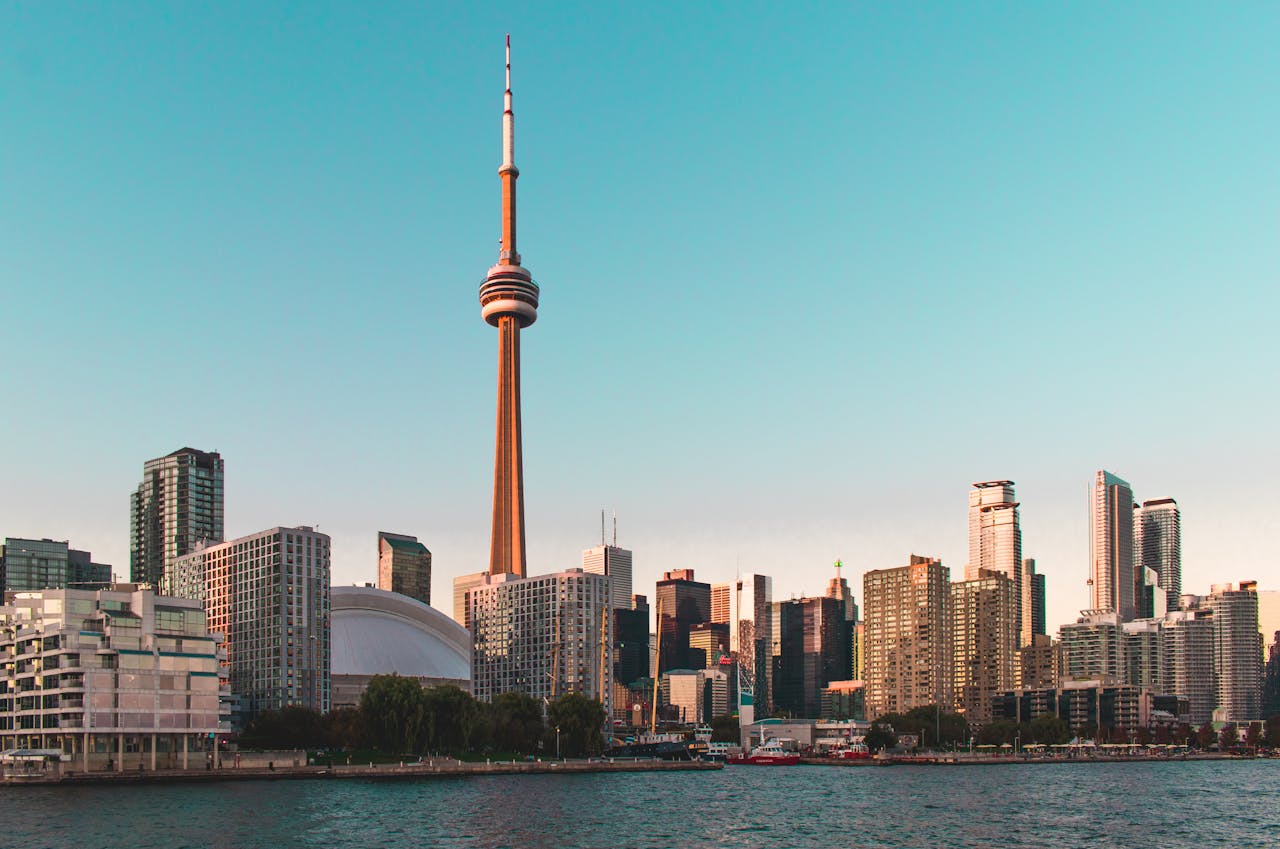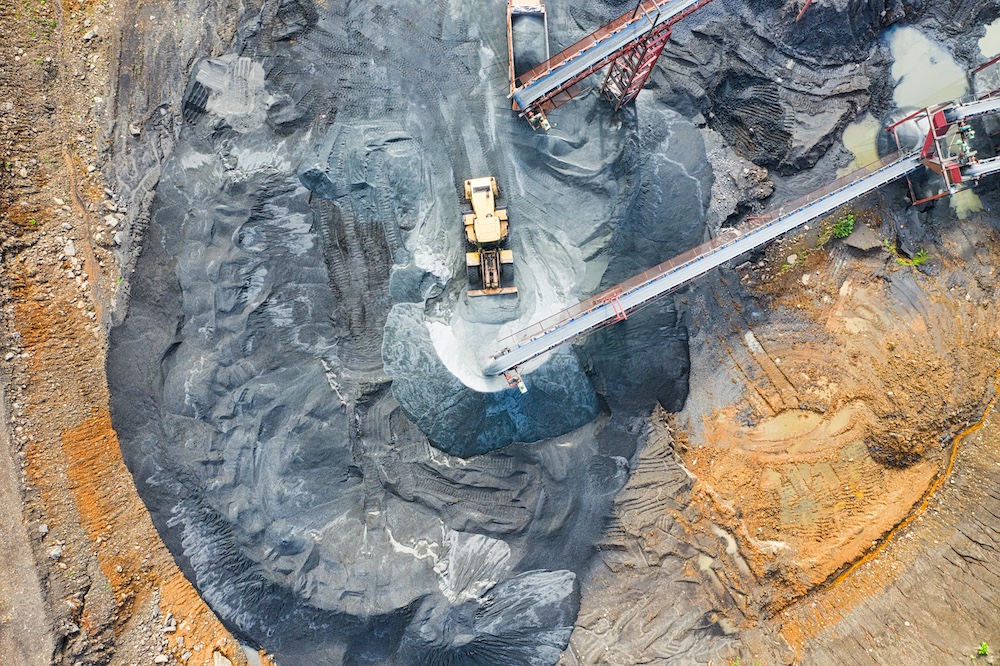As with most questions pertaining to the Canadian real estate market, this one doesn’t come with a simple answer.
We tackle hot topics and real estate grey areas in our podcast, The Last Honest Realtor. Listen to it right here or anywhere you get your podcasts.
First of all, define “foreign buyer.” Define “foreigner,” or better yet, have the Canadian government define it for us.
First, a History Lesson
On January 1st, 2023, the Canadian government introduced a piece of legislation known as:
“Prohibition on the Purchase Of Residential Real Estate By Non Canadians Act”
While the “act” signifies this is a piece of federal legislation, most people know this by another word: ban.
“The foreign buyer ban” was introduced at a time when real estate prices in Canada had skyrocketed, but like most legislation, it was introduced in a reactive way rather than a proactive way, since the historical “peak” of the Canadian real estate market was reached in the spring of 2022, and by the time this legislation was introduced, prices had already retreated.
Nevertheless, the Canadian government sought to calm the nerves of the public, suggesting that if we were to “ban” all foreign buyers, then prices would come down and real estate would become more affordable for Canadians.
Find out how some of the most recent news impacts you as a buyer or seller in Toronto. Read these posts next:
- How Will Tariffs Affect the Canadian Housing Market?
- What You Really Need to Know About 30-Year Mortgages in Canada
- Are Interest Rates Actually Important When Buying a Home?
Was it Ever Really a Ban?
The Act, or “ban” isn’t across the board, however, as many exemptions apply.
- Temporary residents studying in Canada are exempt, so long as they meet a small set of criteria.
- Temporary residents working in Canada are exempt, so long as they have a valid work permit.
- Certain refugees are exempt under the Immigration and Refugee Protection Act.
And while there are other, smaller exemptions, I think it’s safe to say that the spirit of the legislation allows for “foreigners” who are living and working in Canada, legally, to purchase property in the country.
The original piece of legislation was set to run for two years but it was extended a further two years, meaning at this point, it will run until December 31st, 2026.
Insert Ontario Speculation Tax
So to answer the question, “Can foreign buyers purchase property in Canada?” we could answer that, yes, some can.
But once you take the various “speculation taxes” into consideration, you’ll quickly see that even for those who can purchase property in Canada, doing so is financially punitive beyond belief.
The “Ontario Non Resident Speculation Tax” was brought into effect in October of 2022, which was before the Canadian foreign buyer “ban.”
The purpose of this tax was to deter foreign buyers who were permitted to purchase in Canada from actually doing so, by levying a whopping 25% tax on the purchase price.
Imagine a foreign buyer looking to purchase a $2,000,000 property in Toronto. They’re already on the hook for almost $73,000 in land transfer tax, payable to the province and the municipality, so throw on another $500,000 in Non-Resident Speculation Tax (NRST) and suddenly purchasing a property becomes far less attractive.
Looking for answers to your Toronto-specific real estate questions? Here are some more posts you might find interesting:
- How Much Does it Cost to Own a Home in Toronto
- How to Avoid Real Estate Scams in Toronto
- Should You Buy a “Tear Down” Home in Toronto?
Is There a Toronto Speculation Tax?
But just as we have grown accustomed to the province and the municipality duplicating unpopular taxes (ie. the aforementioned land transfer tax, which was a provincial tax until 2007 when Toronto Mayor, David Miller, implemented an identical tax at the city level), the same is true of non-resident speculation taxes.
The “Municipal Non-Resident Speculation Tax” was introduced in Toronto on January 1st, 2025 as yet another measure to “deter” real estate speculation by foreign operators.
This would be only 10% of the purchase price, but in our scenario above, it would add another $200,000 to the tally. Imagine a foreign buyer looking to purchase a $2,000,000 property and pay $773,000 in taxes to the province and the city?
Because I can’t.
And that was exactly the point of the tax, right? To “deter” foreign operators from purchasing residential real estate in Canada.
But what if the definition of “foreigner” was up for debate?
And what if that definition, as it pertains to the combined 35% in speculation taxes, actually worked against the spirit of the legislation?
In order to be exempt from the NRST, the buyer need not merely be living and working in Canada but must have obtained their Permanent Resident status.
As many people know, the process to obtain a PR is lengthy, volatile, and unpredictable, and can often take years even for those already gleefully living and gainfully working in the country.
The problem I have with this is that the spirit of the legislation is to target “speculators.”
About this, there is no debate, correct?
The tax is called “Speculation Tax,” after all.
An Example:
So imagine a highly sought-after, much-needed doctor who moves his or her family from Europe or the United States to Toronto, enrolls the children in local schools, and begins working at one of our underserved and under-resourced hospitals.
Now imagine this individual’s surprise when he or she is told that a 35% “speculation tax” applies to their potential purchase of a home in this city.
It’s enough to make a person want to turn back around and head home, isn’t it?
I recently had a client, much like the one described above, who said to me, “I’m not a speculator. I’m not speculating on real estate. I’m purchasing a home for me and my family, in the city that asked me to come here and work. This is absurd.”
I wholeheartedly agree.
Unfortunately, as many pieces of reactive legislation go, the foreign buyer ban, and two speculation taxes were conceived, drafted, and implemented in response to an issue, rather than in advance of one.
As a result, the unintended consequences could actually damage the Canadian economy and workforce as “foreigners” realize they’re not permitted to purchase homes for their families – or rather they are, so long as they pay an ungodly sum of unfair and unnecessary taxes.
So once again, let’s ask the question:
Can foreign buyers purchase property in Canada?
Yes, many can.
But it’s not going to be cost-effective…
Looking for more honest real estate advice? Give us a call at 416.642.2660 or email admin@torontorealtygroup.com today.

Ready to Get Started?
It all starts with a conversation. Whether buying or selling, TRG can help you achieve your real estate goals. Get in touch with our team today to start the process.







